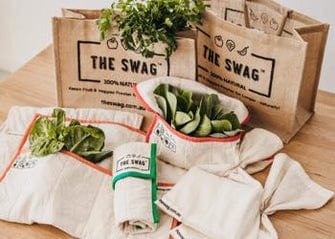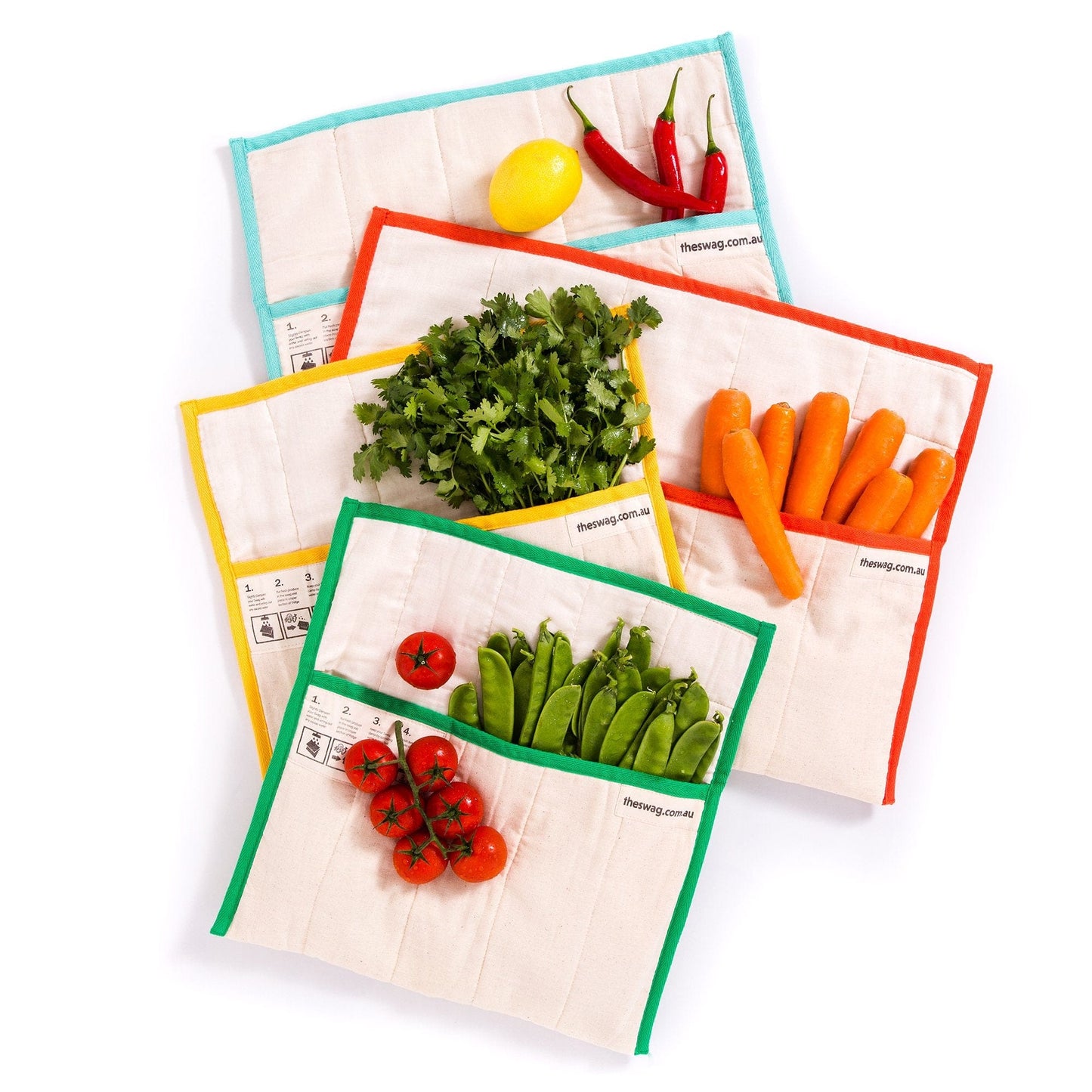Smart consumption is more than just trendy, it is becoming essential to save the planet. Zero waste cooking is exactly as it sounds – a method of cooking that produces as little waste possible. Simply put, nothing goes to waste.
Whilst minimising kitchen scraps may sound time-consuming, it’s really just thinking more consciously about your food choices and using what you already have on hand. In this article, we discuss some basic techniques that you can use at home to start zero waste cooking today.
Why should you be zero waste cooking?
Over 5 million tonnes of food waste ends up in landfill every year, at a cost of $20 billion to the Australian economy. On a smaller level, 35% of an average household’s bin is made up of food waste. Concentrating on zero waste cooking is not only great for the environment, but it can also save you a huge amount of money.
So how can you get started?
- Get organised. Kitchen organisation is the first in reducing food waste. Take stock of everything you have in your fridge and pantry and challenge yourself to plan meals using only those ingredients. If you don’t have a lot of time to cook in the evenings, look into batch cooking and freezing your meals on the weekend so you’ll have something to grab & go during busy weekdays.
- Learn to cook. Take a basic cooking course or watch some YouTube videos to upskill. A key part of your zero waste cooking success will be your ability to substitute ingredients in recipes for what you already have available, which means you need to understand how flavours and textures work together to make great meals. If you’re a more experienced home cook, you may be able to skip this step.
- Store your food correctly. Keeping your food in the right containers and at the right temperature is key to making it last longer. Check out these tips on how to properly use The Swag to keep produce fresh for up to 2 weeks, and do your research on the best places to store different types of foods. Storing older produce at the front of your fridge or pantry keeps it in sight and front of mind, helping you to use what you have and avoiding it turning bad.
- Research ways to re-use your food waste. For example, egg shells can be used as an abrasive cleaner for stubborn smudges, or even slowly baked and ground to create a calcium-rich additive for pet foods. Citrus peels can be used to scent homemade cleaners or simmered with cinnamon to create a welcoming scent throughout the house.
- Start composting. One of the best ways to avoid sending food waste to landfill is to start composting. Composting takes organic waste (such as your fruit and veggie scraps) and breaks it down using heat, time and sometimes worms. The resulting soil is nutrient rich and perfect for using in the garden, pot plants, or donating to neighbours and community gardens. Nowadays there are composting options available for even the smallest of apartments, so there’s no barrier to stop you composting in your home.



